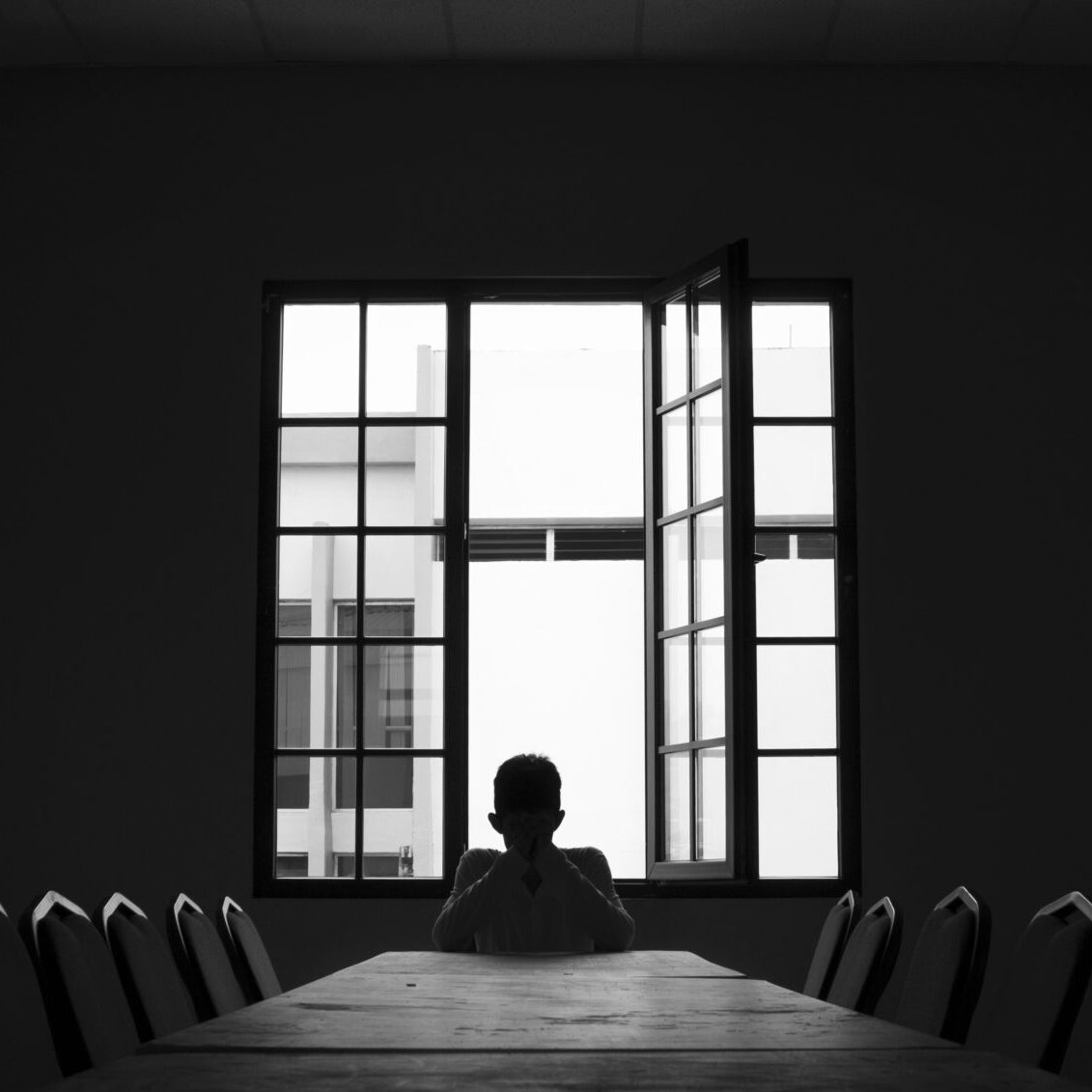Author: Helen Fields –
Publisher: Avon –
Genre: Mystery, Crime –
Overall rating: 2/5 –
Writing: 1/5 –
Duration: 12:25 (medium) –
Narrators: Robin Laing, Jaimi Barbakoff –
Narrator/performance: 3/5 –
Impressions: 2/5 –
Performance errors: 2/5 –
Complexity/reading level: 2/5 –
Audience: Adult
Commentary/review
This is one of the worst books I have ever read or listened to. Storytel described it as a page-turner, a thriller about murder and witches. It is true that the story draws the listener in and that the narrative has a rather good pace.
However, the story is flawed in more ways than one. The most absurd element is the description of the congregation in the town where the action takes place. Alright, I know that not every writer needs to know everything about religion. But Helen Fields is an educated woman who actually lived (or still lives) in Britain. She studied law “at the University of East Anglia, then went on to the Inns of Court School of Law in London. She joined chambers in Middle Temple where she practised criminal and family law” (via HarperCollinsCanada). It takes one visit to the Scottish isles to find out that there are at least three types of churches in a given island, such as the Isle of Skye or the Isle of Mull, where the story is located. A tourist would notice that on the first visit. It takes one visit to Google Maps to find out that the main church on the Isle of Mull is the Church of Scotland, with three churches. The Church of Scotland, according to the Wikipedia, is the national church in Scotland and, as far as the Christian religion is concerned, is a Calvinist Presbyterian church. Women have been ordained in this church since 1968. It does not require a PhD to check that information. Otherwise, the Isle of Mull has one Episcopal Scottish church, a small catholic parish and one Orthodox Monastery of All Celtic Saints. As much as it is not necessary to recreate the real setting, it is completely absurd to describe the entire population of a town in Scotland strolling down to a catholic church on a Sunday to listen in tears to a slightly mad priest condemning a large group of women. I find it tragic that this level of research and prejudice can obtain so much praise and so many high ratings. After hundreds of years of reformation, Helen Fields decided to overlook all of the positive sides of the Christian community in Scotland and focused instead on the worst stereotypes attributed to the Catholic faith and practice. I will not defend any of these churches here, I was only shocked at the image the author must have of her readers. At this point I knew I was not her target. I could see the nuance that the author did not consider important, for whatever reason. It appears that this contorted image found its audience.
The second moment of revulsion I experienced during the scene where the main character is arrested. The inadequacy of the character’s internal dialogue showed me a place where there is no hope or sense in life, law, society, culture, human nature, anywhere. One can play for time but it would not help. The feeling of hopelessness and madness creeps up on the reader. Before that, there is the ugly near-death experience where the character is concentrating on everything – but not on herself. The emptiness of spirit is so profound that I believe this novel could actually make someone’s depression worse. The book left me feeling cheated, scandalized, made fun of, intellectually abused. These were some of the reasons which made me stop watching movies. I will probably never read a novel by Helen Fields again.
The cover is actually pretty good for a crime novel.
Cover Photo by Alex McCarthy on Unsplash
